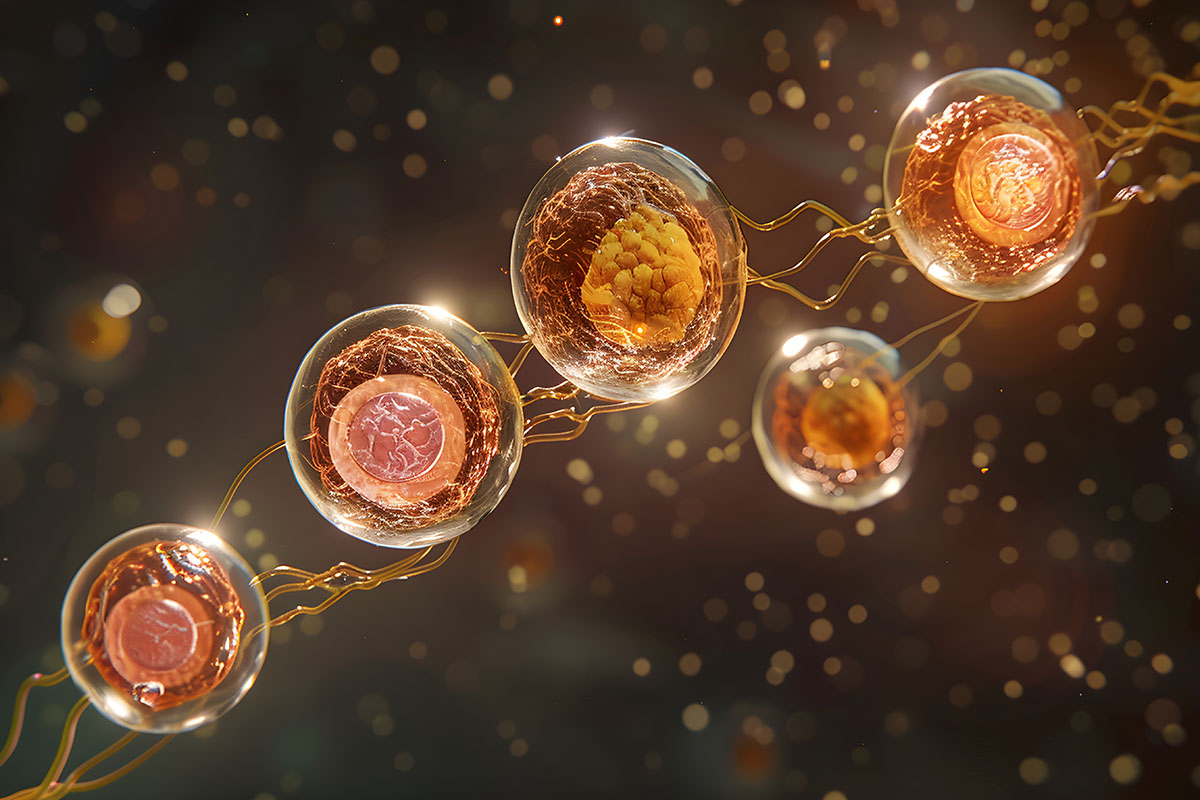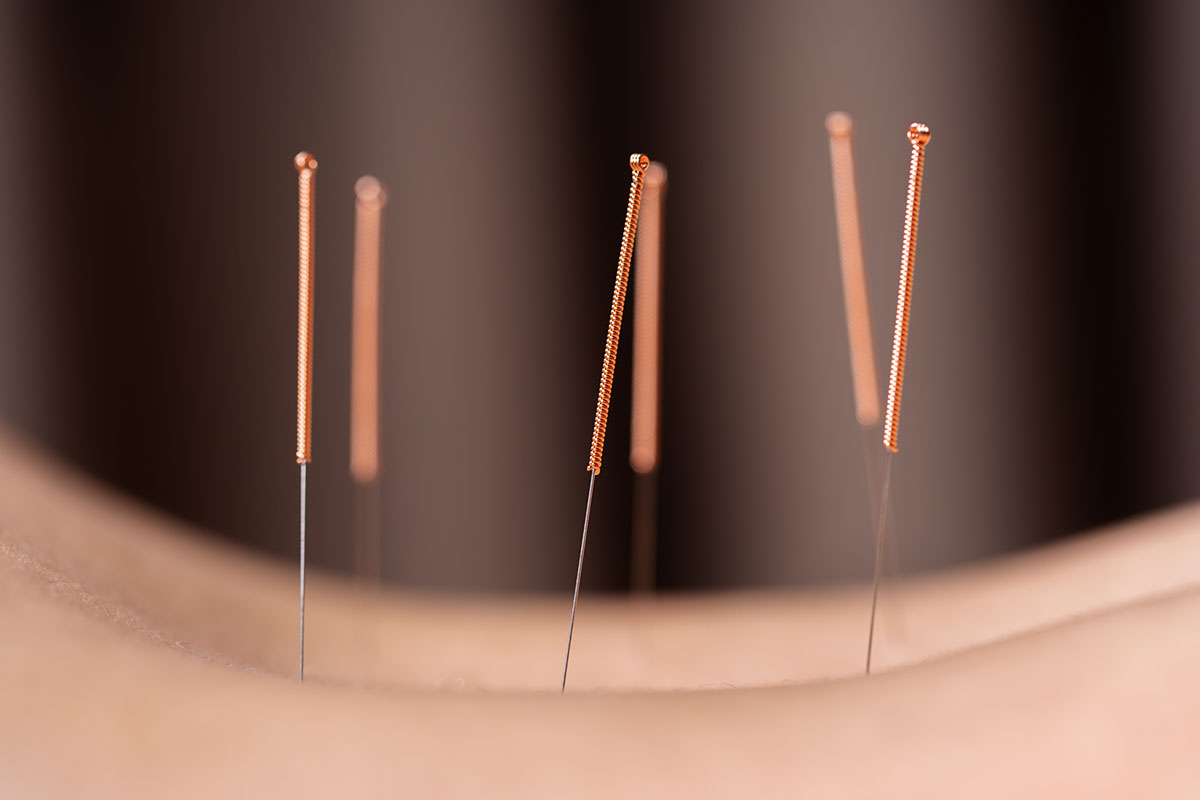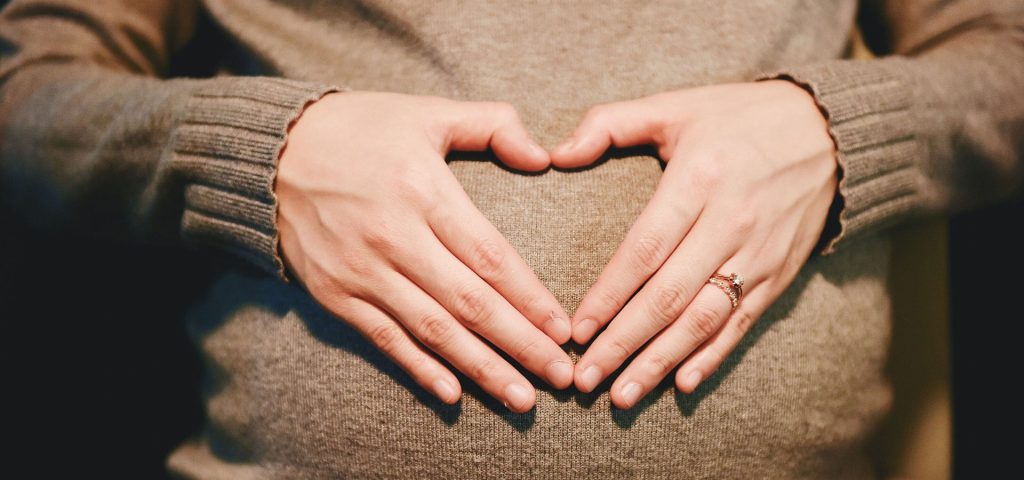It’s an eye catching title and an interesting read that discusses how scientists are trying to figure out how to keep the ovaries working longer, and if they can, are we able to prevent the progression of age related diseases? In March, Jill Biden announced a new women’s initiative that is highlighting this question among scientists and researchers.
“The ovaries are the only organ in humans that we just accept will fail one day,” said Renee Wegrzyn, director of the Advanced Research Projects Agency for Health, a government agency tasked with steering Dr. Biden’s mission. “It’s actually kind of wild that we all just accept that.”
Most think of the ovaries as just a “baby maker”, but as the article states the ovaries act as a control center and have a lot to do with influencing every organ in a woman’s body. It states that scientists don’t exactly understand how this happens but we believe it’s simply a part of the HPO Axis; the hypothalamic, pituitary, ovarian axis. This axis is a highway of constant communication between the ovaries and the brain and vice versa through a feedback loop. There are many ‘loops’ in the body, for example right now a trendy loop is the gut brain connection.

On an elementary level, the article says when women’s eggs are depleted the ovaries seem to go quiet, which corresponds to of course an increased risk in age related diseases. The phrase ‘women’s eggs are depleted’, couldn’t be more inaccurate. Doctors say most of us are born with millions of eggs (40,000 – 3 million to be exact), even that is an inaccurate way of describing the beauty that unfolds in a woman’s ovaries. What women are actually born with are millions of opportunities! By way of folliculogenesis, these opportunities rise to the surface and become expressed. Folliculogenesis is a maturing ovarian follicle that will in most cases rear a good quality egg. At any given time, women have many, many follicles that are in varying stages; from primordial, primary, secondary, tertiary to antral follicles. Not all of these are follicles yet, most are flat cells waiting to grow up to be a follicle, for example it takes about 180 days for the primordial stage to reach it’s full potential as a follicle with a good quality egg.
So, the idea proposed is that if a woman loses fewer eggs, she can hold on to her ovarian reserves and functionality for longer is inaccurate. The article mentions a clinical trial at Columbia University which is attempting to slow the rate at which women lose their eggs with the immunosuppressive drug called rapamycin. Researchers leading the study claim there are two patterns that are already emerging; one that women are appearing to have a normal decline of ovarian reserve, which is measured by ultrasounds and AMH. Ultrasounds cannot detect ovarian reserve only antral follicle counts, which are the follicles that are in the race for ovulation, they are expressed when they are about the ovulate, ultrasounds cannot detect anything else. Most gynecologists and reproductive endocrinologists, do not test AMH because of its unreliability. But in truth, nothing is reliable and there is no possible way to calculate ovarian reserve.
If we look at this through a Chinese medicine lens, the ovaries are the tree trunk, the follicles and eggs are the branches/leaves, so then what feeds the ovaries to be robust and plentiful? The soil! And that soil is lifestyle and genetics. We can’t alter our genes yet, but if we want better functionality and longer sustainability we must look to lifestyle and environmental factors, things like pollution, toxins, nutrition, or lack thereof, too much or too little exercise, alcohol, caffeine, smoking, (anything that creates free radicals in the body) not enough sleep and the biggest ones; emotional wellness and the management of stress. These are the things that overtime can exhaust ovarian function and cause aging and disease, whether you are approaching menopause or trying to get pregnant at 30 years old, it all looks the same.
In the realm of enhancing lifespan and quality of life, we could also talk about telomeres. Telomeres are caps on the ends of our DNA, they are similar to the caps that are on the end of shoelaces. As the plastic ends shred, and the shoelace becomes frayed and damaged, so too the shortening of our telomeres can leave our cells and chromosomes vulnerable to damage. Telomere shortening means the cell’s lifespan is shortening. Recent research shows that telomere shortening plays an important role in human disease and mortality.
So how do we support robust ovarian function and lengthen telomeres?

Sleep, regular exercise, stress management, a diet rich in antioxidants, vitamins, namely D, meditation, yoga and acupuncture.
There have been endless acupuncture studies and trials over the last two decades, everything from pain management to pregnancy rates to digestive disorders to stroke recovery. Research also shows that acupuncture can actually lengthen your telomeres and, for the purposes of this article, acupuncture plays a major role in Stage 4 follicular recruitment. How does it do that? The magnificence of acupuncture is the fact that it is self regulating, so whatever the body needs, whether it’s a decrease in inflammation, moving emotional stagnation thereby relieving stress, harmonizing an organ system, bringing energy to an organ, clearing away meridian debris, acupuncture and the body work together. You don’t have to believe in it or do anything to facilitate it, it just happens, very much in the same way your heart beats or how minerals like sodium and potassium can enter and exit a cell effortlessly. It just happens.

In conclusion, we all want to preserve what we have and no one likes aging. Post menopause brings some risk to diseases, but if it’s not ‘that’ disease then it will be ‘this’ one. Each woman will face something in her lifetime, each human will face something in their lifetime, isn’t that just life and death?





